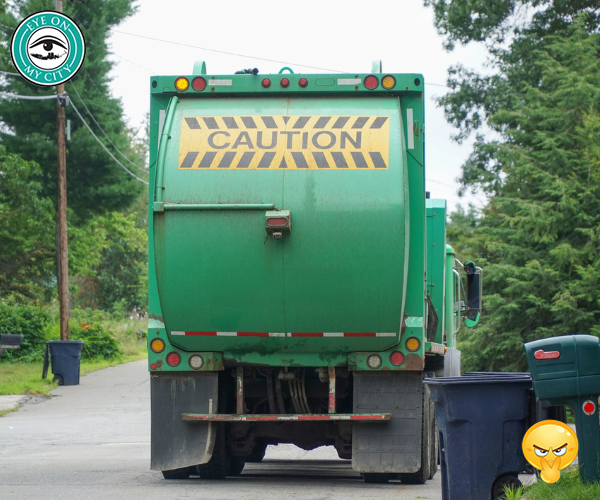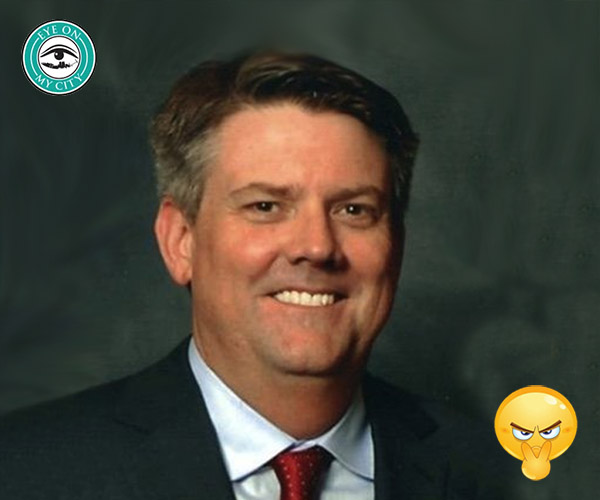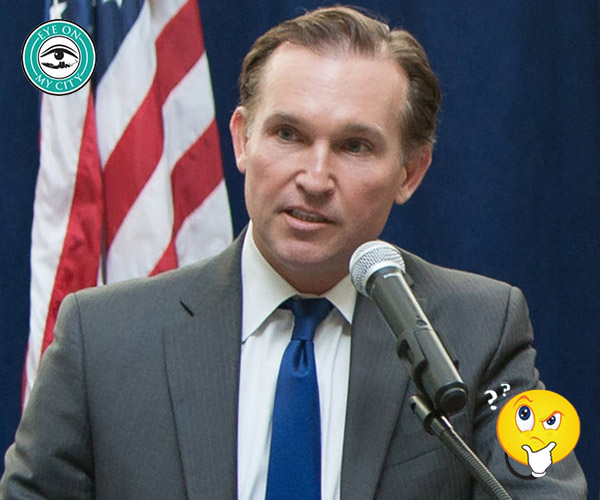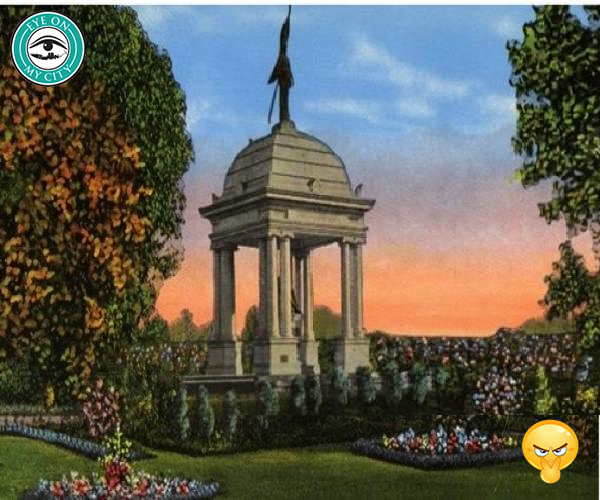
The City Council committee of social justice warriors is off and running but is not yet clear where they are going.
It held the first working meeting Monday and tried to find its bearings.
Co-chairman Matt Carlucci sought to bring up some bills for discussion, but Co-chairman Brenda Priestly Jackson objected that they were not on the agenda.
That led to a long, confusing discussion among the members, and the end of which nothing was done.
The problem is that the special committee is supposed to be a clearinghouse, hearing all matters that relate to social justice, which could be almost anything.
One of the bills had been deferred by another committee so the special committee could hear it, and the councilman sponsoring the bill attended the virtual meeting by phone but there was no discussion so it goes back to the other committee.
This indicates that a lot of the council’s legislation could get bogged down as it goes through the regular process and also the special committee’s process.
Carlucci polled the other members on what sort of things they wanted to look into while seeking social justice.
He got vague answers like economic development and “living wages” along with specific issues such as out-of-school suspensions in the schools and the use of body cams by the police. Most agreed some parts of the city need infrastructure improvements.
But the committee members don’t seem to be in agreement on where the area lacking infrastructure is, with several talking about four council districts, or the Northwest Quadrant and Carlucci talking about all or part of the former city.
Carlucci brought up a bill he is sponsoring to designate one-third of the capital improvement spending next year to the area that formed the city of Jacksonville before consolidation of the city and county governments.
The old city was 33 square miles. The current city is 840 square miles, so that would put 33 percent of the available money into 4 percent of the city. Carlucci said he just picked the amount from thin air and is not insistent upon it as the final figure.
John Pappas, from the Public Works Department, said he thought the main infrastructure problem in the old city probably was stormwater management because most of it was built before that factor was considered.
Council Member Ron Salem apparently is the only member who has tried to find out if there is a problem for the committee to solve. He asked the mayor’s office for a breakdown in spending in four council districts where the majority of the residents have black skin.
(One of the theories behind the committee’s formation is that residents of those areas have not received as many benefits as those in other neighborhoods. Instead of finding out if this is true, and investigating what the reasons might be, those seeking social justice have determined a priori that it is true and is because of racism.)
If it were true, the council would be investigating itself. City Council doles out the dollars and if a majority of the council has voted over the years to deliberately withhold needed spending from a part of town because of the race of the residents, that would be Page One news, and the council members who cast such votes should be identified by name.
It still would only demonstrate racism by as few as 10 people, which is a majority of the council, not systemic racism throughout Jacksonville.
But how much has been spent, and where? We asked the mayor’s office and have not been answered.
All Salem got from the mayor’s office was the percentages of total capital spending the four districts have gotten for the past few years. In some years, the districts – four of the 14 total, or about 28 percent – got 50 percent or more. That doesn’t seem to support the theory of neglect.
Perhaps the council should be asking its own auditors to supply it with the necessary information.
Carlucci is convinced that some areas of the city are lacking infrastructure they should have based on his own visual inspection. He also has some figures showing the old core city got only 17 percent of the capital spending.
There is, indeed, evidence that the city has slipped behind spending on infrastructure, even after spending many billions of dollars in the past couple of decades.
But that would not be unusual. How many times have the media run stories about the nation’s “crumbling infrastructure”?
Potholes do not equate to racism.
Council Member Randy DeFoor made an excellent, if obvious, point by saying areas with actual needs should be addressed first.
Jackson insisted that council members should be consulted about capital improvements in their districts but she did not specify how council members are kept from giving input to the planners. For many years, members simply were given a million dollars every year to spend as they wished in their districts. No accounting ever has been given of how that money was spent.
Nevertheless, Council Member Jucoby Pittman claimed some areas of the city have been “left out for many, many years,” without providing any specifics.
Jackson also talked about promises made at the time of consolidation not being kept, again without specifying the promises or who made them.
Specific information is precisely what is missing from this committee as it sets out on its mission to rid Jacksonville of racism. But perhaps that will come in future meetings.










